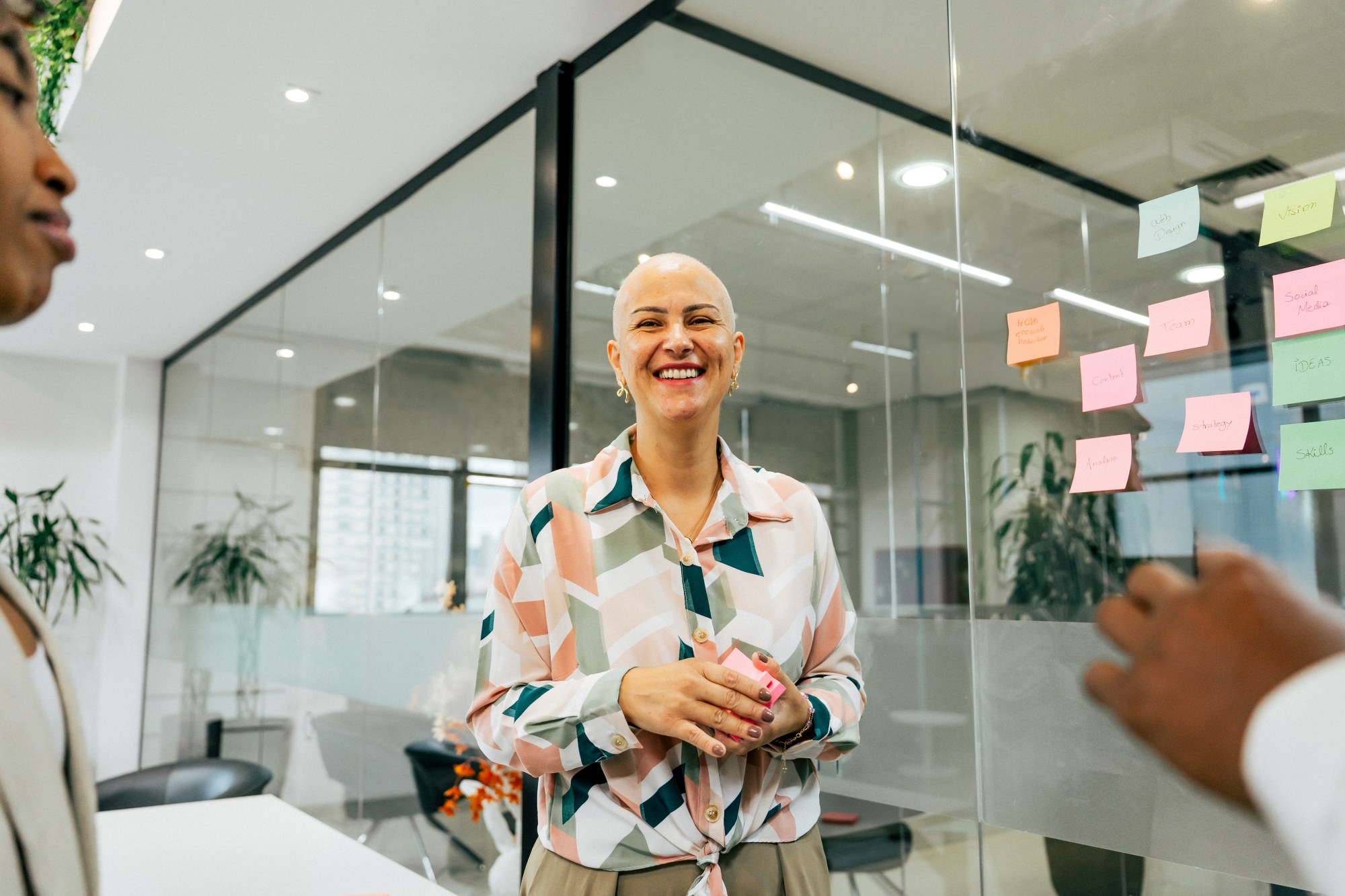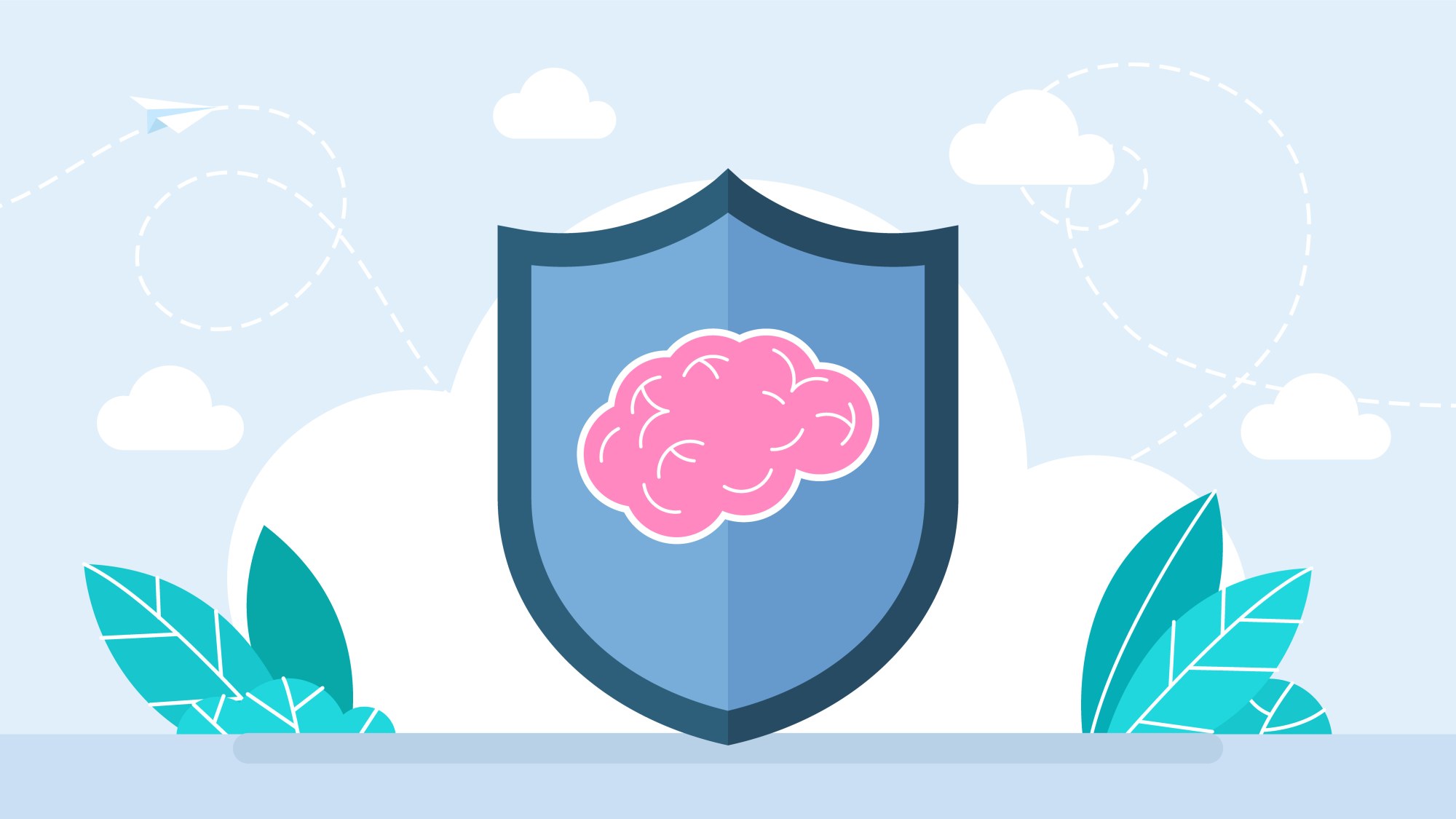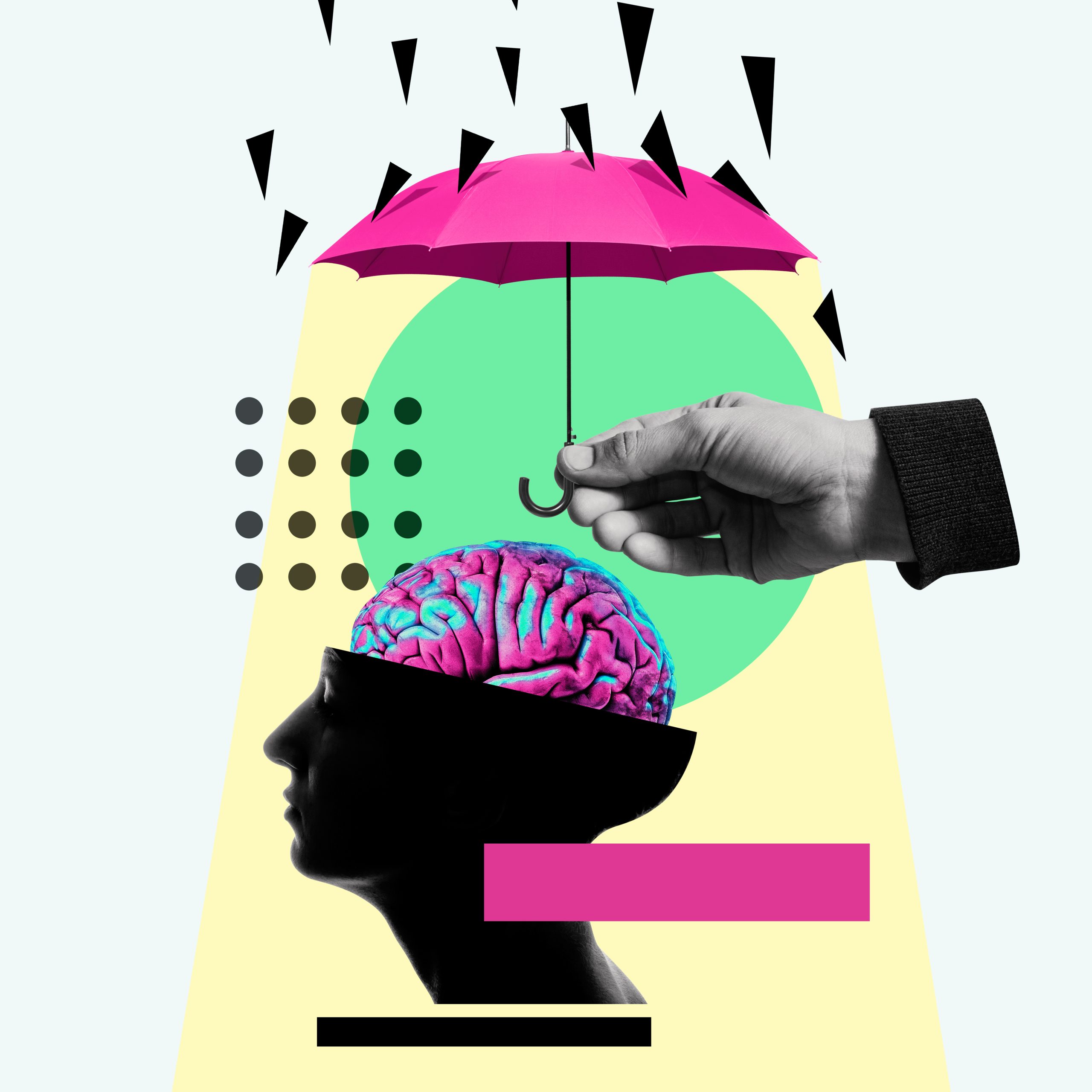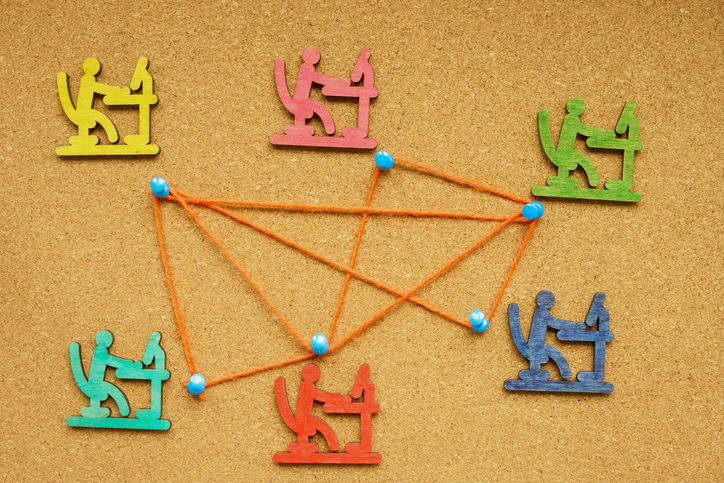There are few words that change a family’s life as completely as “your child has cancer.”
In an instant, the familiar disappears. Routines unravel, priorities shift, and every member of the family is thrust into an emotional journey they never expected. Parents spend each day wracked with fear and uncertainty, often struggling to meet the demands of work and caring for the rest of the family. Siblings, too, face a tangle of emotions too complex for their years: feeling worried for their sibling, while at the same time grappling with feelings of neglect, frustration, and grief over the disruption caused to their own lives.
But the heaviest burden of all, of course, falls on the child facing the diagnosis. For them, cancer steals more than just their health; it steals them away from friends, family, school, hobbies, and the ordinary joys and simple pleasures of growing up. Classrooms are replaced with hospital rooms, playdates with doctor’s visits, and sports calendars with treatment schedules.
Suffice it to say, pediatric cancer is far more than a physical ordeal. Children and their families need more than standard medical care. They require psychological support, coping resources, and practical assistance to help them navigate the many facets and challenges of life with—and after—childhood cancer.
Because even once treatment stops, the true work of recovery only then begins. Research shows that nearly half of pediatric cancer survivors and up to three-quarters of their parents experience mental health challenges in the years following treatment. These include challenges with anxiety, depression, post-traumatic stress disorder (PTSD), and grief—not only for the time, opportunity, and milestones lost to treatment, but for some of the meaningful experiences that came with it: the bonds formed with the care team, the heightened presence and support of extended family and friends, and the sense of purpose and solidarity that came with navigating treatment together.
After cancer, families need support that’s as broad and dynamic as the challenges they’ve faced along the journey. That includes care not just for their physical and emotional wellbeing—but the social, academic, vocational, financial, and spiritual dimensions of recovery, too.
Parents and caregivers often need help making a full return to work—even if they never officially stepped away from it. Siblings, meanwhile, need support in working through the complicated, often unspoken emotions they’ve carried throughout the cancer journey. And for the child now transitioning into survivorship, recovery is not just about remission. It’s a matter of returning to school, reconnecting with friends, reengaging in sports and activities, and rebuilding confidence—all while successfully managing the lingering effects of cancer and its treatment.
It is with these realities in mind that Workplace Options (WPO) developed Child and Family Wellbeing.
Child and Family Wellbeing: A Holistic Approach to Family Support
Workforce wellbeing depends on family wellbeing—and that requires holistic, integrated support designed to meet the whole-person needs of each member of the family.
With the help of Child and Family Wellbeing, no one has to put their feelings on hold, or sacrifice one need in order to meet another. Blending counseling, coaching, resource support, and case management, the program delivers seamless, coordinated care across areas like:
- Pediatric and parental mental health
- Academic and social wellbeing
- Recovery from traumatic events
- Children’s growth and development
- Work, life, and family balance for parents
How it works is like this:
- Assessment: A licensed pediatric clinician conducts a comprehensive evaluation to identify the family’s specific needs.
- Care Planning: A customized plan is developed, incorporating pediatric and parental counseling alongside resource support as needed.
- Follow-Up: Clinical case managers and care coaches monitor progress, ensuring continuity and effectiveness of care.
For families navigating the return to school, Child and Family Wellbeing can help them restore children’s academic confidence, address issues with fatigue and other lingering symptoms, and create a gradual, realistic plan for re-engaging in school life.
For parents and caregivers dealing with anxiety, work-life balance issues, or the emotional impact of caregiving, Child and Family Wellbeing is there to offer guidance on setting boundaries, managing professional responsibilities, and prioritizing their own wellbeing alongside their child’s recovery.
Even for more complex challenges—such as financial strain, behavioral concerns, or coordinating medical and educational support—Child and Family Wellbeing can connect families with specialized resources for targeted support, including financial advisors, behavioral health specialists, academic tutors, and more.
By offering families a single point of contact for the many wellbeing needs that follow a childhood cancer diagnosis, the program removes complexity and restores clarity—empowering parents to regain confidence, take meaningful action, and support their child through recovery with greater ease and assurance. This, in turn, helps families heal more fully—and enables parents to remain engaged, resilient employees.
Helping Families Heal, Helping Workplaces Thrive
In the face of childhood cancer, families need more than sympathy—they need support systems that can address their full spectrum of needs. Without adequate support, the emotional and logistical burdens of cancer inevitably spill into the workplace, showing up as burnout, absenteeism, performance gaps, and turnover.
In today’s culture-driven workplace, how employers show up for their people determines how their people show up for them. Organizations that invest in comprehensive wellbeing support for the whole family reap the rewards of a more engaged, committed, and loyal workforce, higher productivity, and greater organizational resilience—creating an environment where employees can focus, perform, and thrive even in the face of life’s most challenging circumstances.
With Child and Family Wellbeing, families receive the guidance, resources, and coordinated care they need to navigate the challenges posed by childhood cancer—and organizations receive the engaged, healthy workforce they need to thrive.
Explore the difference the program can make in your workplace—reach out today.





































